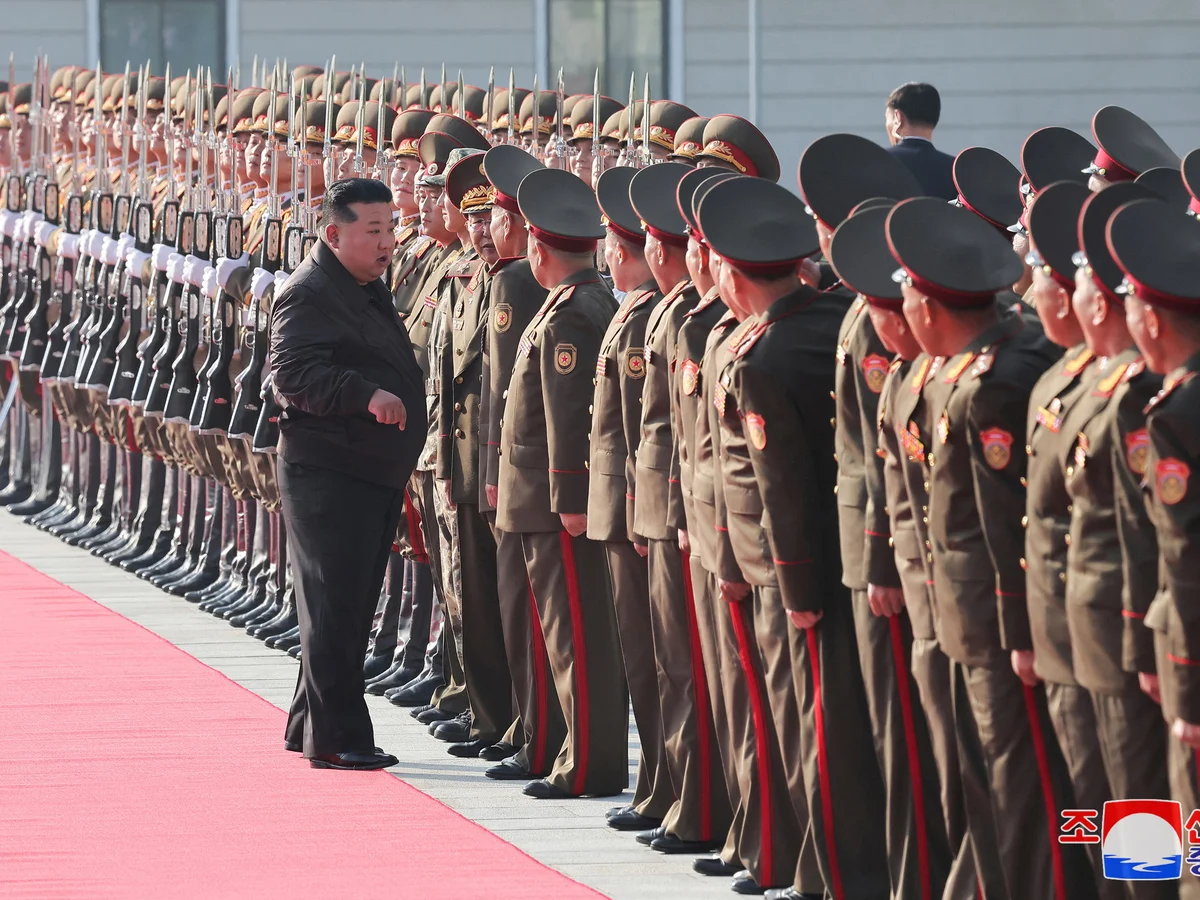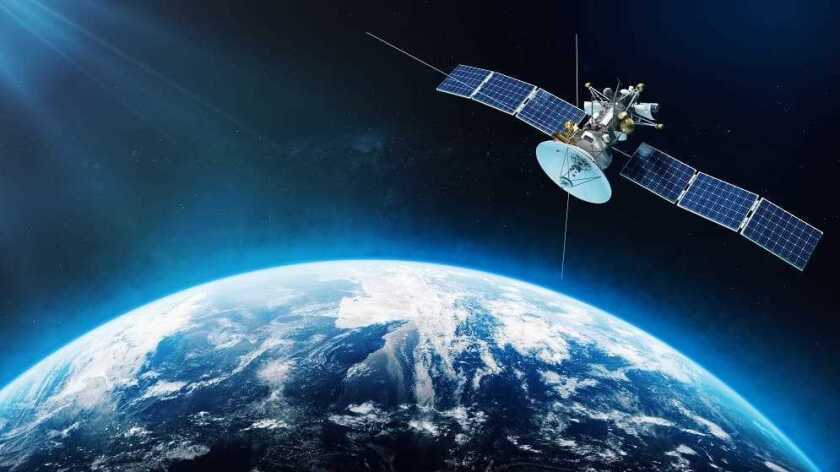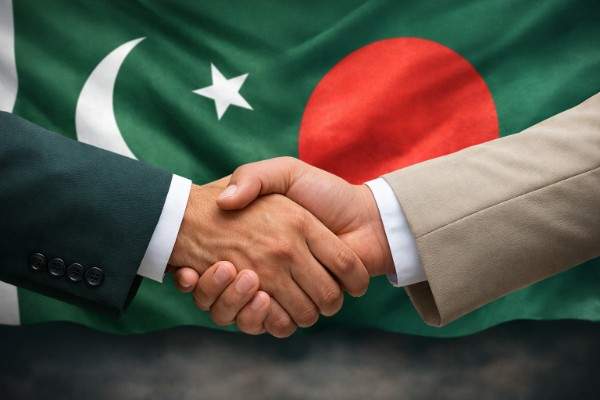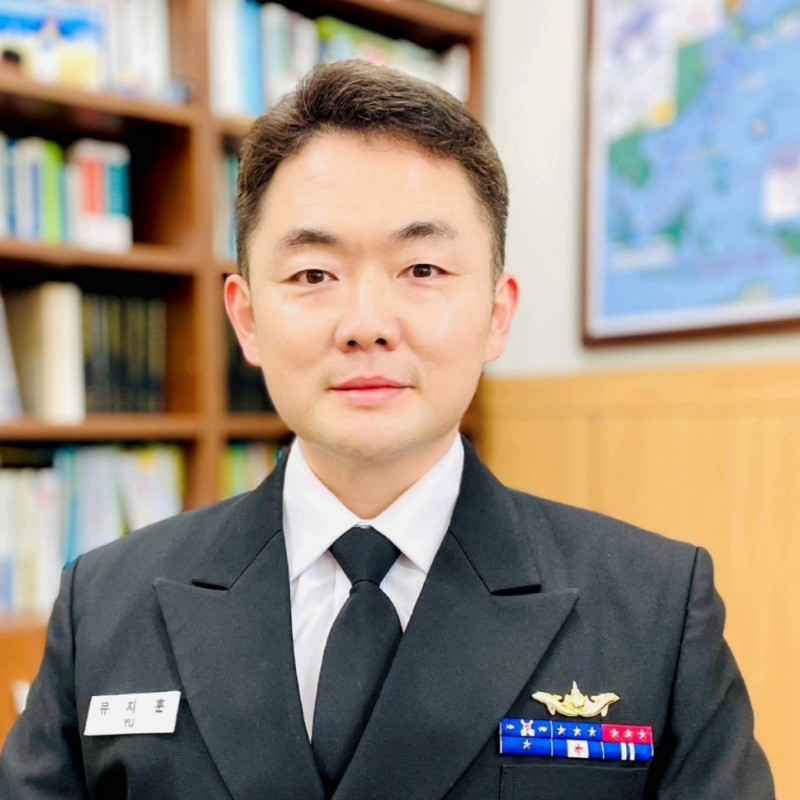North Korea’s decision to deploy forces to assist Russia in the ongoing Russia-Ukraine war signals a profound shift in its foreign policy and has wide-ranging implications for the conflict and global geopolitics. This move underscores Pyongyang’s growing strategic alignment with Moscow, further polarizing the international order. A detailed analysis of North Korea’s troop capabilities, their potential roles and limitations in the conflict, and the strategic opportunities for Pyongyang reveals a calculated yet high-risk strategy with far-reaching consequences.
North Korea’s military, particularly its special operations forces (SOF), possesses substantial expertise in asymmetric warfare. These units are highly trained in infiltration, sabotage, and urban combat—skills that align with Russia’s need for unconventional tactics in certain operational contexts. The disciplined nature of North Korean forces and their ability to operate effectively in austere conditions make them theoretically valuable in urban warfare or sabotage missions targeting Ukrainian logistics. However, the limits of their contributions are evident. North Korea’s military equipment and combat doctrine remain heavily outdated, leaving its forces ill-prepared for the high-tech battlefield of Ukraine, dominated by precision-guided weaponry, drones, and electronic warfare. These deficiencies, coupled with the lack of integration with Russian forces, reduce their potential impact on the broader conflict.
Operationally, North Korean troops could serve specific, limited functions. They might reinforce Russian units in urban combat, disrupt Ukrainian supply chains through sabotage, or provide additional manpower in contested regions. However, the logistical challenges of deploying and maintaining foreign troops in a distant theater, language and cultural barriers, and fundamental differences in command structures and combat approaches present significant obstacles. Ukrainian forces, well-supported by NATO technology and training, are likely to counter such tactics effectively, further limiting the efficacy of North Korean contributions.
Strategically, North Korea’s deployment reflects a calculated effort to secure tangible benefits. By supporting Russia, Pyongyang seeks to deepen its relationship with Moscow, potentially gaining access to advanced weaponry, energy supplies, and economic aid. For a regime facing international sanctions and economic isolation, these resources are invaluable. Furthermore, the opportunity to gain real-world combat experience in a high-intensity conflict provides critical training for North Korean troops, enhancing their operational readiness and adaptability for future conflicts, particularly in the Korean Peninsula.
Politically, this move aligns North Korea more closely with Russia and strengthens its standing among anti-Western states. Pyongyang could leverage this alignment to increase its influence in international negotiations and bolster its position in a global order increasingly defined by rivalry between authoritarian and democratic blocs. This diversification of strategic partnerships also reduces North Korea’s over-reliance on China, providing Pyongyang greater autonomy in its foreign policy.
The broader geopolitical implications of this deployment are significant. North Korea’s active involvement in the Russia-Ukraine war risks provoking stronger sanctions from the United States and its allies, further isolating Pyongyang. Regionally, the move exacerbates security tensions in Northeast Asia, prompting South Korea, Japan, and the United States to enhance military cooperation and readiness. This alignment could lead to an arms race, destabilizing an already volatile region. Moreover, North Korea’s involvement contributes to the consolidation of an “axis of autocracies,” further deepening global polarization.
At its core, North Korea’s decision reflects a complex calculus. While its troops may have limited tactical utility on the battlefield, the symbolic and strategic gains for Pyongyang could outweigh these constraints. Strengthened ties with Russia provide immediate material benefits, while combat experience and diplomatic leverage offer long-term strategic advantages. However, the risks of increased international isolation, heightened regional tensions, and dependency on Russia’s fortunes make this a precarious gamble.
North Korea’s force deployment in support of Russia exemplifies the interconnected nature of modern conflicts, where local actions ripple through the global geopolitical landscape. This development not only underscores the shifting alliances in the international system but also highlights the willingness of authoritarian regimes to engage in strategic partnerships to counterbalance Western influence. As the Russia-Ukraine war continues, the consequences of North Korea’s involvement will resonate far beyond the battlefield, shaping the contours of the evolving global order.

Table of Contents
ToggleJihoon Yu
Jihoon Yu is the director of external cooperation and associate research fellow at the Korea Institute for Defense Analyses. Jihoon was the member of Task Force for South Korea’s light aircraft carrier project and Jangbogo-III submarine project. He is the main author of the ROK Navy’s Navy Vision 2045. His area of expertise includes the ROK-U.S. alliance, the ROK-Europe security cooperation, inter-Korean relations, national security, maritime security, hybrid-threats, and strategic weapons systems. He earned his MA in National Security Affairs from the U.S. Naval Postgraduate School and Ph.D. in Political Science from Syracuse University.













